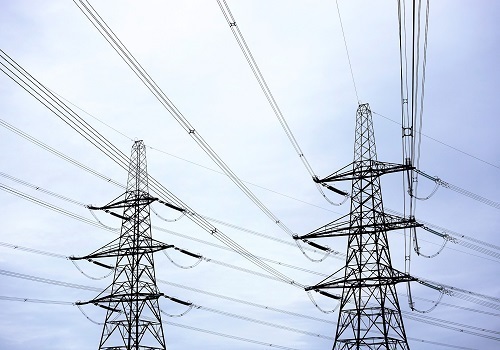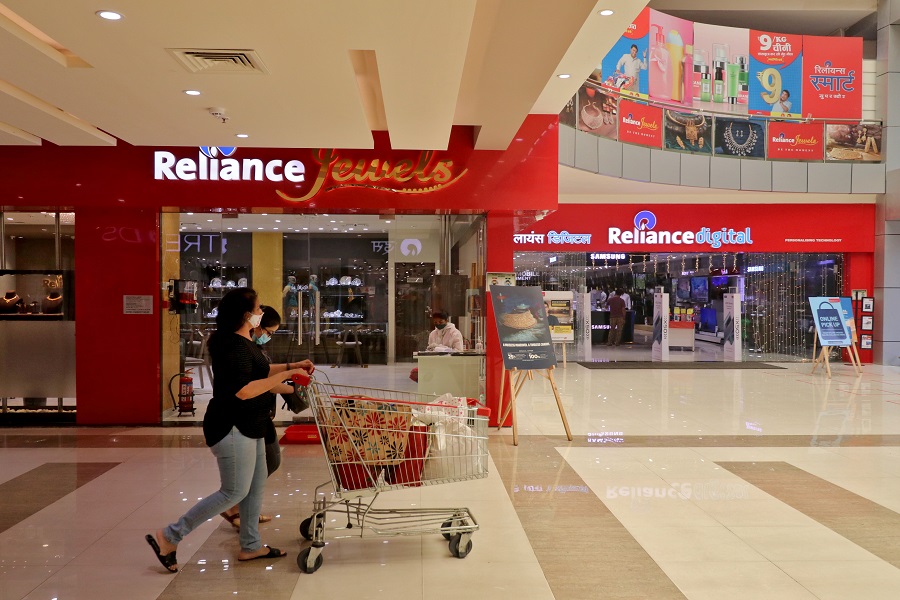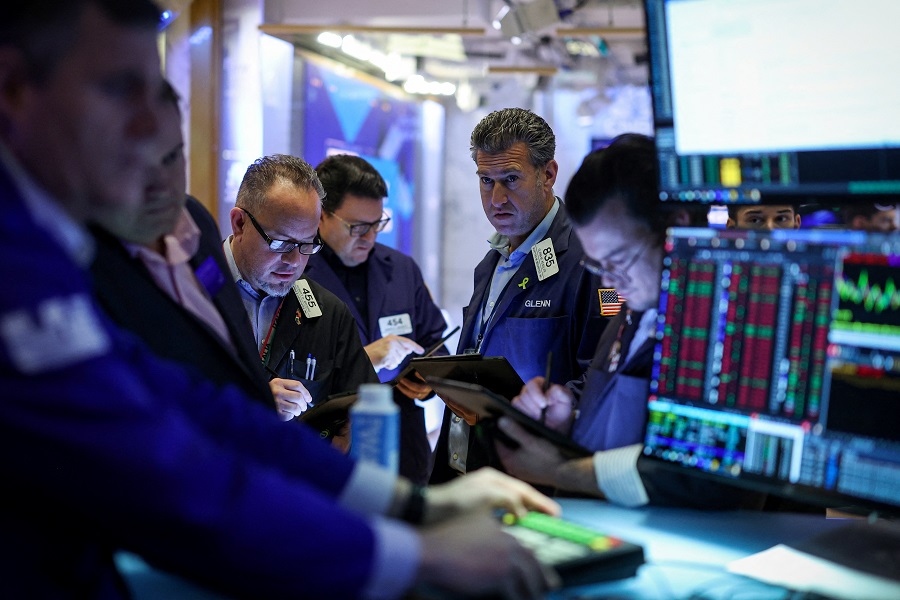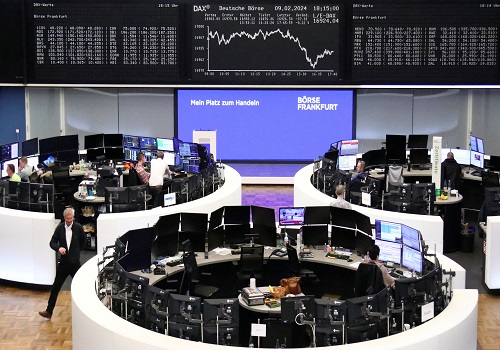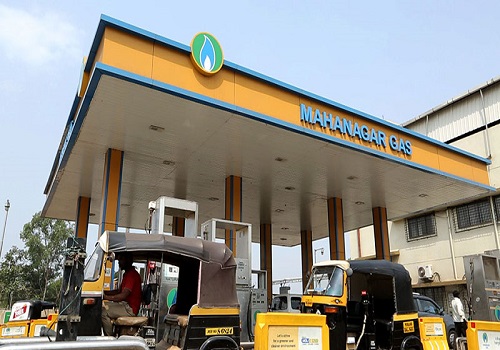Higher exports, cheaper oil imports boost trade balance; Houthis cast a shadow
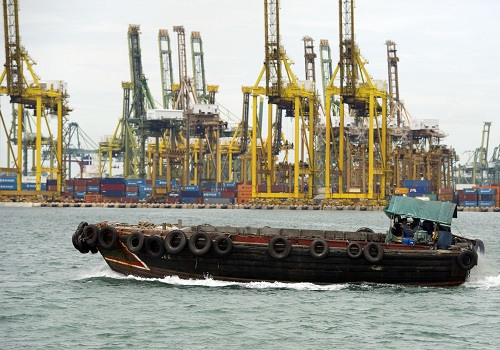
Higher exports and lower prices for oil imports have helped India to reduce its trade deficit in recent months but the conflict in the Red Sea area which has emerged as a threat to shipping has emerged as a spoilsport.
The country’s merchandise trade deficit declined to $19.8 billion in December from $23.14 billion in the same month of the previous year as exports grew by around one per cent amid a demand uptick.
A lower trade deficit reflects stronger macroeconomic fundamentals and reduces volatility in the rupee.
Exports of engineering goods, iron ore, jewellery and gems, electronics, and drugs and pharmaceuticals all grew by double digits.
Electronics has emerged as the new high-value added component in India’s export basket spearheaded by smartphones shipped out by companies such as Apple and Samsung, from their factories in the country.
India’s merchandise trade deficit has improved by 11.45 per cent from $212.34 billion in April-December 2022 to $188.02 billion in April-December 2023, according to the latest data compiled by the Commerce and Industry Ministry.
The overall trade deficit, which includes the export and import of services as well, improved by 35.87 per cent, from $108.13 billion in 2022 to $69.34 billion in 2023.
Software IT exports account for the main chunk of services earnings. Investment bank and financial services firm Goldman Sachs has revised India's Current Account Deficit (CAD) forecasts for calendar year 2024 to 1.3 per cent of the GDP, from 1.9 per cent of the GDP estimated earlier, on the back of lower oil prices and higher-than-expected exports during the year.
In a report titled, 'Asia in Focus - India: Flow and stock cushion for external balances', Goldman Sachs Economic Research said India’s external balances remain favourable with a combination of low CAD, strong public market capital flows, adequate Forex reserves and low external debt.
The investment bank said that it expected the capital flow environment to turn conducive for India on the back of a strong domestic growth.
India’s inclusion in the JP Morgan Government Bond Index (JPM-GBI), and expectation from the US Federal Reserve, to start reducing interest rates over the year will also strengthen the external balance position.
Goldman Sachs also expects crude oil prices, which make up a major part of India’s import bill, to average $81 a barrel in 2024, from its earlier forecast of $90 a barrel for the year.
"We are tracking (India's) oil imports at $164bn in January-November 2023, lower than the same period a year ago ($189bn) as oil prices have been around 18 per cent lower on average in calendar year 2023 than 2022," the report said.
As things stand, Indian exports have been impacted by a slowdown in global growth. The tightening of interest rates due to nagging inflation, especially in advanced Western economies, has led to a slowdown in business, investment and trade.
Conflicts in Ukraine and West Asia have also threatened to push up commodity prices, leading to greater inflationary pressures, the report said.
The Houthi attacks on merchant ships in the Red Sea region, which is a fallout of the Israel-Hamas war is likely to have some impact on India’s trade. The Red Sea route via the Suez Canal accounts for 50 per cent of the country's exports and 30 per cent of imports.
These shipments bound for North America and Europe will now have to be sent via the longer South Africa route that will add to the freight cost and slowdown trade.
According to experts, exports of agricultural commodities and marine foods could see a significant impact due to the perishable nature of their goods. However, the pharma, engineering, gems and jewellery and electronics segments are not likely to be affected as much.













